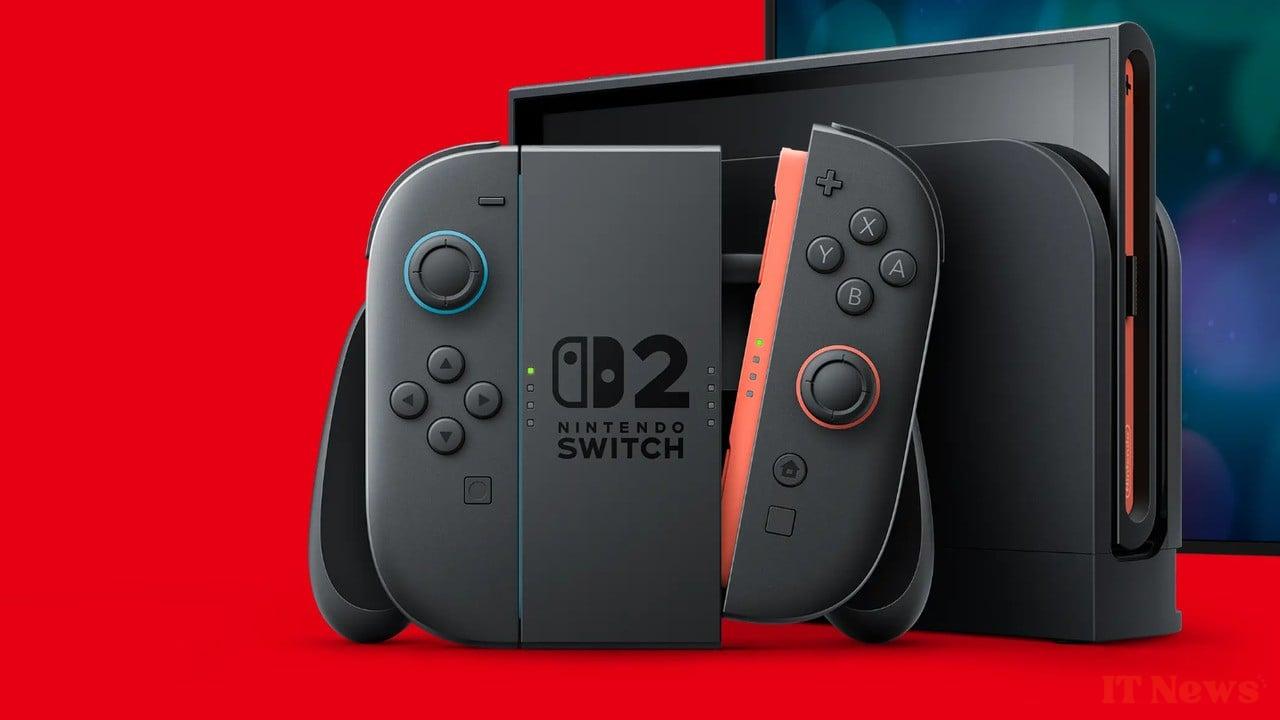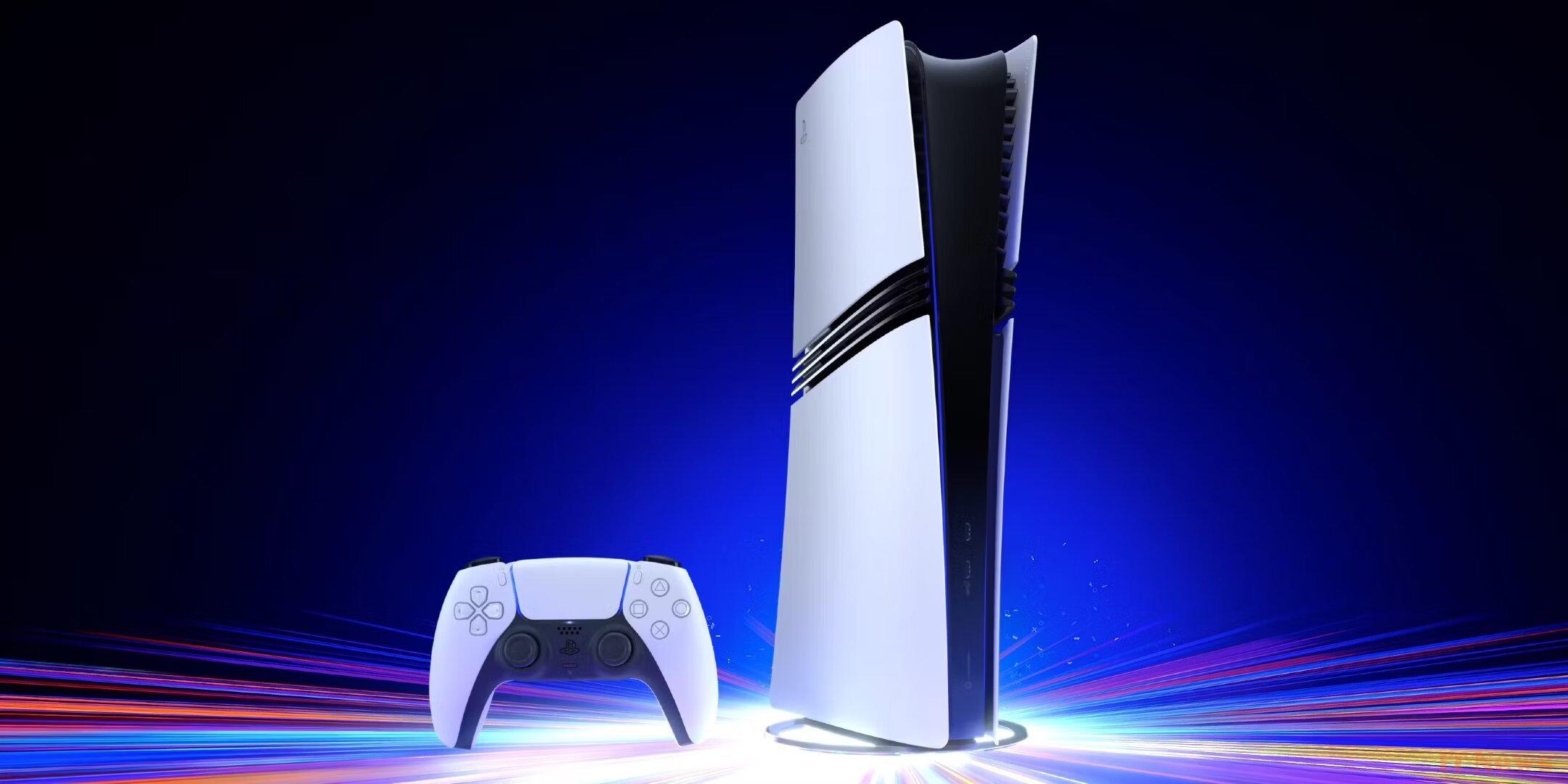The global economy is on alert, and the video game industry is not immune to the storm. Since Donald Trump announced new tariffs, Asian stock markets have been shaking. And Japanese video game giants like PlayStation and Nintendo are already feeling the consequences.
Free-falling stocks, rising prices?
This Monday, the markets reopened in an electric atmosphere. In Japan, the Nikkei index fell 6% in a single day. And in the process, the heavyweights of the video game sector have plunged. Sony saw its shares lose up to 13%. Nintendo is following the same trend, with a sharp drop as well.
Behind this collapse, there is a single cause: the customs tariffs promised by Trump. The plan is simple, but brutal: tax up to 50% of products imported into the United States. And inevitably, Asia, which manufactures a vast majority of consoles and accessories, finds itself at the forefront. PlayStation, Nintendo...
A chain reaction in Asia
This plunge is not limited to Japan. South Korea, Taiwan, and even China are also affected. The reason? Most of these countries were on vacation at the end of last week. The markets had therefore not yet integrated concerns from the West. Result: a bloody weekend return for investors.
Fortunately, not everything is so bleak. Sony had clearly anticipated the blow. The brand has reportedly doubled its PS5 stocks in recent months and secured its supply chain. A way to delay a possible price increase for the PlayStation.
But this respite could be short-lived. If the crisis continues, it's hard to imagine consoles remaining safe. Especially since Nintendo is already cautious. The news: Pre-orders for the upcoming Switch 2 have been suspended in the United States. Some see this as a harbinger of higher prices. Of course, this instability extends far beyond the gaming world. According to the BBC, Goldman Sachs estimates the chance of a recession in the United States in the next 12 months at 45%. This is much higher than the 35% previously announced. And in this context, consoles and games are likely to quickly become the least of consumers' worries.
Source: bbc.com




0 Comments